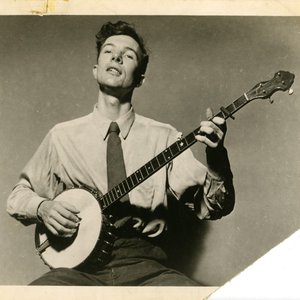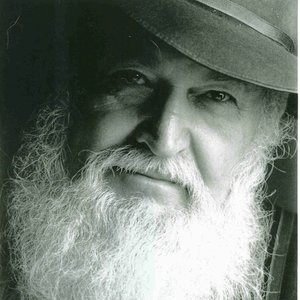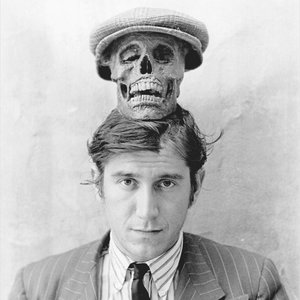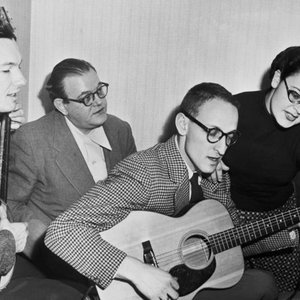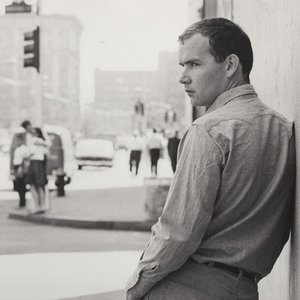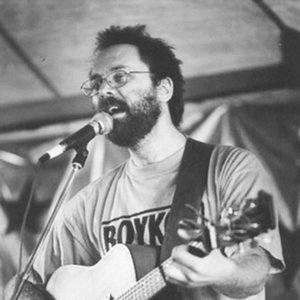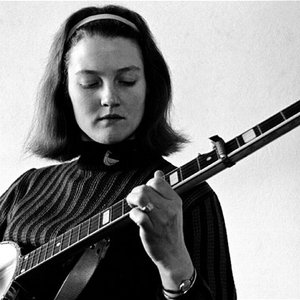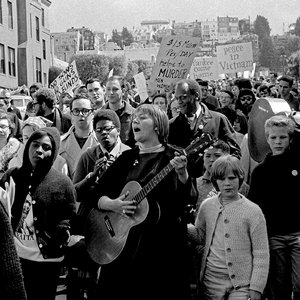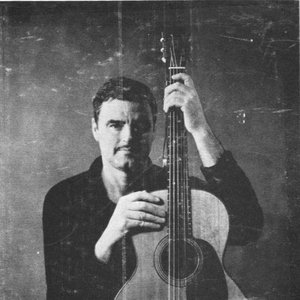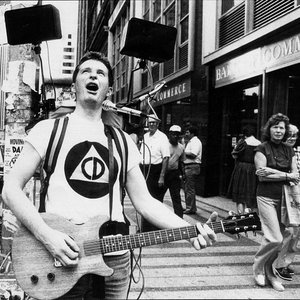Biography
-
Years Active
1940 – 1942 (2 years)
-
Members
- Gordon Friesen
- Jackie Alper
- Lee Hays
- Pete Seeger
- Woody Guthrie
The Almanac Singers was an American folk music group based in New York City that was active between 1940 and 1943. Founded byMillard Lampell, Lee Hays, Pete Seeger, and Woody Guthrie, they began playing together informally after Seeger and Hays had been playing at left-wing political functions for a time. Mainstream national success began after the American Youth Congress meeting in Washington D.C. in February of 1941. Others who sang with the group at various times included Sis Cunningham, (John) Peter Hawes and his brother (Baldwin) Butch Hawes, Bess Lomax Hawes (wife of Butch), Cisco Houston, Arthur Stern, Josh White and Sam Gary.
Politics and music remained closely intertwined with the members' political beliefs, which were far-left and occasionally led to controversial associations with the Communist Party USA. Their first release, an album called Songs For John Doe, urged non-intervention in World War II, and was made with the help of Eric Bernay (of Keynote), Joe Thompson (of NBC), Nicholas Ray (future film director) and Alan Lomax (musicologist). The second album was Talking Union, a collection of labor songs, many of which were intensely anti-Roosevelt.
Songs for John Doe, Talking Union (Two Original Albums, 1941)
More recordings followed, but blacklisting and internal friction soon drove the group apart. Seeger and Hays founded communal homes called Almanac Houses, but the group fell apart soon after the attack on Pearl Harbor.
After the war, Seeger and Hays, later joined by two of Hays' young friends, Ronnie Gilbert and Fred Hellerman, began singing together again at fund-raising folk dances, with a repertoire geared to international folk music. The new singing group, appearing for a while in 1949 under the rubric, "The Nameless Quartet", changed their name to The Weavers and went on to achieve great renown.
Artist descriptions on Last.fm are editable by everyone. Feel free to contribute!
All user-contributed text on this page is available under the Creative Commons Attribution-ShareAlike License; additional terms may apply.

